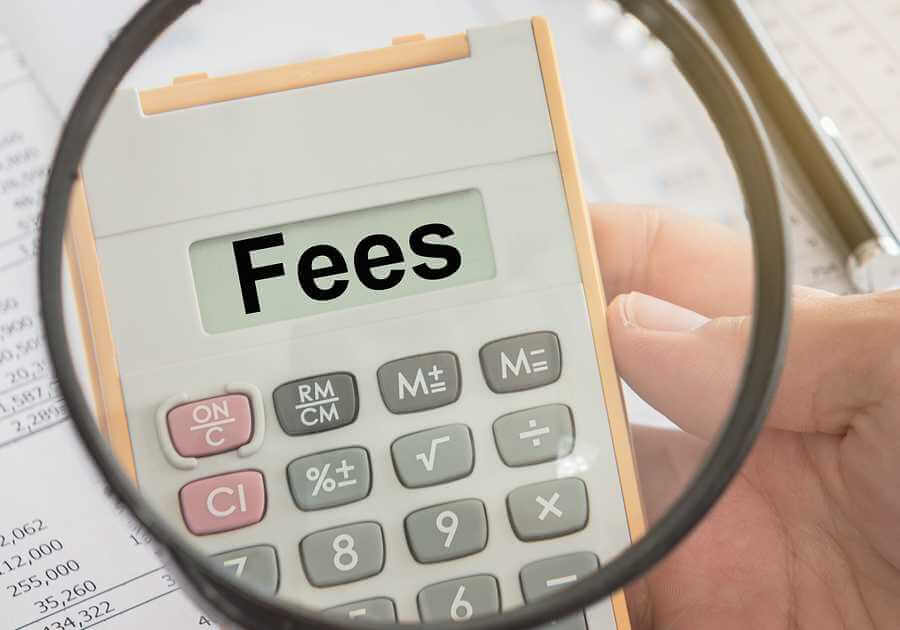It is not uncommon for consumers to encounter payment fees, especially when paying for a service online. Even online mortgage payment fees have started to pop up, and they are becoming more and more common along with phone payment fees. But are mortgage lenders allowed to charge online payment fees? Let’s take a closer look at the types of fees mortgage services are charging and whether or not consumers should act to protect themselves against these potentially unlawful fees.
Common Types of Online Mortgage Payment Fees
First, it must be noted that payment fees are not the same thing as a servicing fee. A servicing fee is typically incorporated into a mortgage fee, but involves a fee for when the servicer both collects and makes escrow payments while passing on principal and interest payments to the person who holds the mortgage note. A servicing fee ranges from .25 to about .5 percent of the mortgage balance. These fees are allowed.
Online mortgage payment fees are a separate issue.
The most common types of online mortgage payment fees that borrowers encounter are payment processing fees which are tacked onto their mortgage payment when paying through an online payment system. These fees can sometimes be called other names, such as “convenience fees,” “online payment processing fees,” “processing fees,” “speed pay fees,” “instant pay fees” and so on. The general idea behind a lender charging a payment fee is that they are charged a transaction fee for using a payment platform to receive money from borrowers.
The cost for an online mortgage payment fee will vary from lender to lender. Most borrowers report that they are charged about $5 to $15 per transaction when making a payment; sometimes, a different amount will be charged for paying online versus paying over the phone.
Are They Allowed?
For the most part, no. Almost all mortgage lenders abide by a standard mortgage agreement which prohibits them from profiting from fees charged on top of a mortgage payment. Mortgage servicers are allowed to pass on any fees they are charged for a transaction, but they are not allowed to increase that fee at a mark-up and pocket the difference as profit. The amount that lenders are charged for receiving online payments is typically only a few cents, whereas the fee they charge is usually a minimum of $5.00. In other words, if a lender is charged 50 cents to receive a payment but they charge the borrower $5.00 to send the payment, they are unlawfully pocketing $4.50 as profit.
Lawsuits Regarding Online Mortgage Payment Fees
There are current lawsuits related to online mortgage payment fees. As more people become aware of this practice and the fact that they have a right not to pay them, the amount of these lawsuits is expected to increase. One example of a recent lawsuit came from a group of homeowners residing in Florida who joined a class action lawsuit against a mortgage lender for the $5 and $10 payments they were charged for paying online and over the phone. A different lawsuit from a California homeowner claimed that the bank charged her (and other borrowers) excessive convenient fees that were drastically marked up from the transaction fees the bank was charged to use the online payment system.
Am I Eligible to Join a Lawsuit?
If you were charged an online mortgage payment fee, then you may be eligible to join a lawsuit in order to receive compensation. For more information, please contact the attorneys at Shamis & Gentile, P.A.










